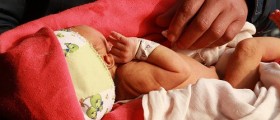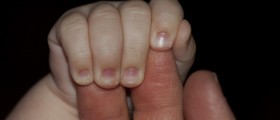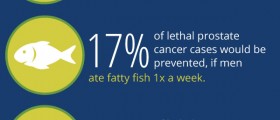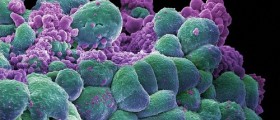
Similar studies were conducted mostly in Europe, and reported significantly higher prevalence of testicular cancer in male population. However, this study, which included more than 20.000 males from California, is one of the largest in the field. These men, along with their partners, looked for fertility treatment between 1967 and 1998. More than 4,500 of these men had male factor infertility, and it has been based on a clinical presentation with abnormal analysis of semen criteria. After analyzing the records of these men they were linked to the information from the California Cancer Registry in order to identify testicular cancer cases that occurred between the years of 1988 and 2004. The occurrence of the disease in the group was compared with the rates in the general population, and males who suffered testicular cancer before infertility were taken out of the study. The study findings were shocking: men that were found to be infertile were nearly 3 times (2.8 times) more likely to develop testicular cancer comparing to the general population.
Researchers believe fertility treatment is not the cause for increased risk of testicular cancer because these men did not receive any fertility drugs or underwent any fertility related surgeries. Researchers say the cause lies in DNA because severe forms of male infertility are associated with faulty DNA repair which is also in close connection with the development of tumors. Other studies also suggest there is a connection between genetics and environmental factors. Studies that were conducted in Scandinavia suggest there is a continued increase in the incidence of testicular germ cell cancers among men. For example, especially in industrialized nations there is an evidence of semen quality and fertility decline. However it still remains unclear whether semen quality and environmental factors are related to one another.

















Your thoughts on this
Loading...